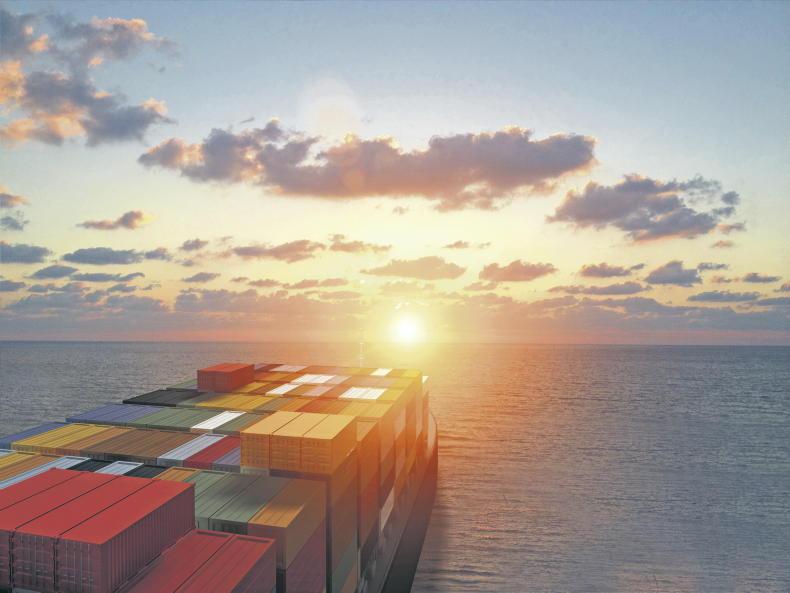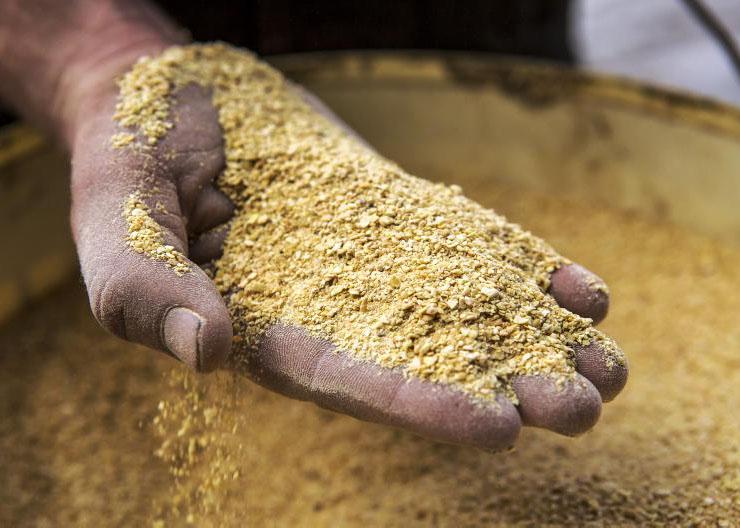While we have unsurprisingly focused in on the EU/Mercosur deal and its effect on the Irish beef sector, there are clearly major forces at play.
We are, in the main, seeing the collapse of agricultural policies that steer production towards meeting the food needs of specific countries and regions. Just last week, Minister for Agriculture Michael Creed announced the opening of the Japanese market to Irish sheepmeat and this followed access to the Chinese beef market. A little-noticed section of the Mercosur deal was the extra allowance to be given to the imports of Brazilian sugar into Europe.
With the demise of the Irish sugar industry, the traumas in the European sugar industry have passed almost unnoticed. The arrival of Brazilian sugar into Europe will cause extra traumas and plant closures in Germany and France. While I haven’t seen up-to-date figures, during the existence of the Irish sugar industry it was calculated that the efficient sugar cane plant in Brazil could produce sugar at roughly one-third the price of sugar derived from Irish sugar beet.
The EU sugar policy, based on beet and dating from the blockades of the Napoleonic wars, was in fact a victory of politics over economics. Usually economics win, as we are seeing in the new food trade deals that are being negotiated outside, it should be said, of the now moribund WTO framework. The opening up of the Japanese market is particularly significant for a country that had such a long tradition of protecting its farmers and insisting on a high degree of national food security. Only a handful of rich countries continue to have a high degree of farmer support based on preventing low-cost imports; Norway and Switzerland are the two most visible.
Here in the EU, governments have used national funds to facilitate renewable energy initiatives which have had the desirable side effects of supplementing farm incomes.
Ireland has conspicuously lagged behind in this area and so the realignment of the CAP products to world prices in many commodities, including cereals and milk, has been much more in focus. The steady erosion of the basic farm payment system to compensate for these price realignments, coupled with ever tighter environmental and agri-chemical conditions, have further squeezed general farm profitability.
It is ironic that the US still has highly protectionist regimes in place around who can bid for government contracts and it has been interesting to see, in the Brexit context, Europe insisting that European airlines must have a majority European shareholding. As farmers, we have been slow in capitalising on the trade distortions that apply in other key areas of economic life, while accepting that we must match the world’s lowest-cost producers in foodstuffs.
Read more
Watch: squeezing value out of grass
Japanese markets to open for Irish sheepmeat within days
While we have unsurprisingly focused in on the EU/Mercosur deal and its effect on the Irish beef sector, there are clearly major forces at play.
We are, in the main, seeing the collapse of agricultural policies that steer production towards meeting the food needs of specific countries and regions. Just last week, Minister for Agriculture Michael Creed announced the opening of the Japanese market to Irish sheepmeat and this followed access to the Chinese beef market. A little-noticed section of the Mercosur deal was the extra allowance to be given to the imports of Brazilian sugar into Europe.
With the demise of the Irish sugar industry, the traumas in the European sugar industry have passed almost unnoticed. The arrival of Brazilian sugar into Europe will cause extra traumas and plant closures in Germany and France. While I haven’t seen up-to-date figures, during the existence of the Irish sugar industry it was calculated that the efficient sugar cane plant in Brazil could produce sugar at roughly one-third the price of sugar derived from Irish sugar beet.
The EU sugar policy, based on beet and dating from the blockades of the Napoleonic wars, was in fact a victory of politics over economics. Usually economics win, as we are seeing in the new food trade deals that are being negotiated outside, it should be said, of the now moribund WTO framework. The opening up of the Japanese market is particularly significant for a country that had such a long tradition of protecting its farmers and insisting on a high degree of national food security. Only a handful of rich countries continue to have a high degree of farmer support based on preventing low-cost imports; Norway and Switzerland are the two most visible.
Here in the EU, governments have used national funds to facilitate renewable energy initiatives which have had the desirable side effects of supplementing farm incomes.
Ireland has conspicuously lagged behind in this area and so the realignment of the CAP products to world prices in many commodities, including cereals and milk, has been much more in focus. The steady erosion of the basic farm payment system to compensate for these price realignments, coupled with ever tighter environmental and agri-chemical conditions, have further squeezed general farm profitability.
It is ironic that the US still has highly protectionist regimes in place around who can bid for government contracts and it has been interesting to see, in the Brexit context, Europe insisting that European airlines must have a majority European shareholding. As farmers, we have been slow in capitalising on the trade distortions that apply in other key areas of economic life, while accepting that we must match the world’s lowest-cost producers in foodstuffs.
Read more
Watch: squeezing value out of grass
Japanese markets to open for Irish sheepmeat within days










SHARING OPTIONS